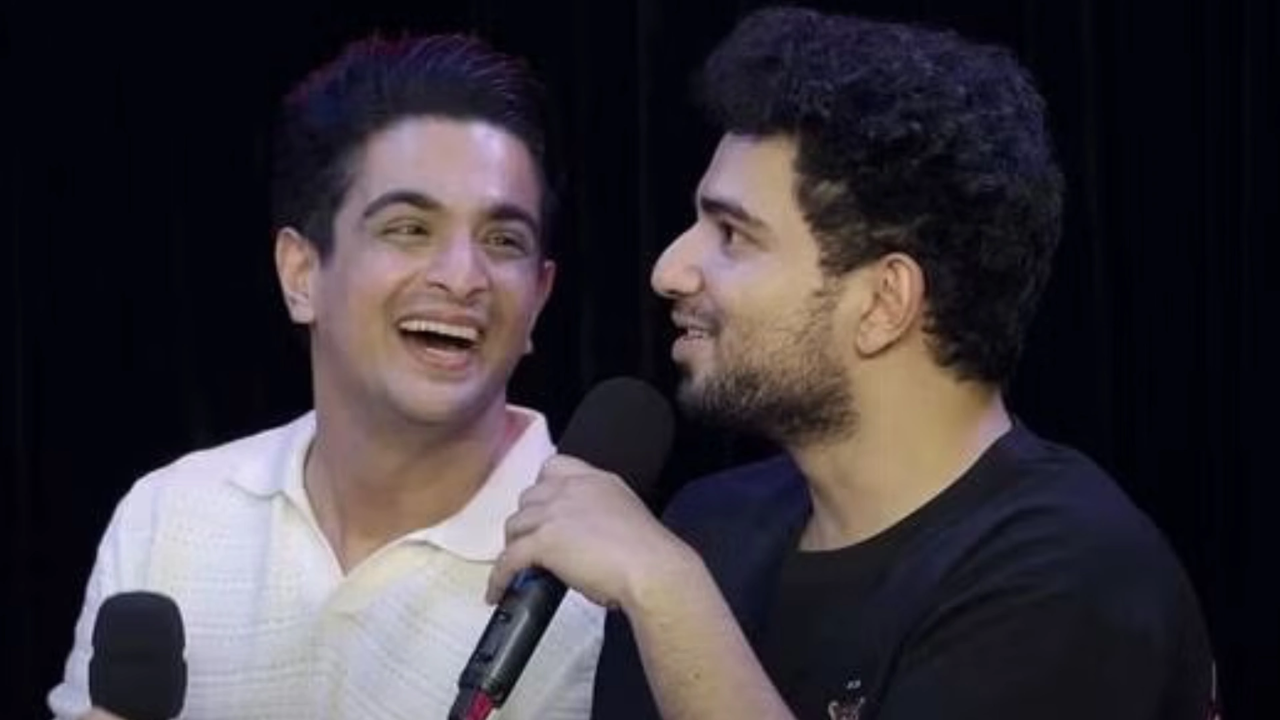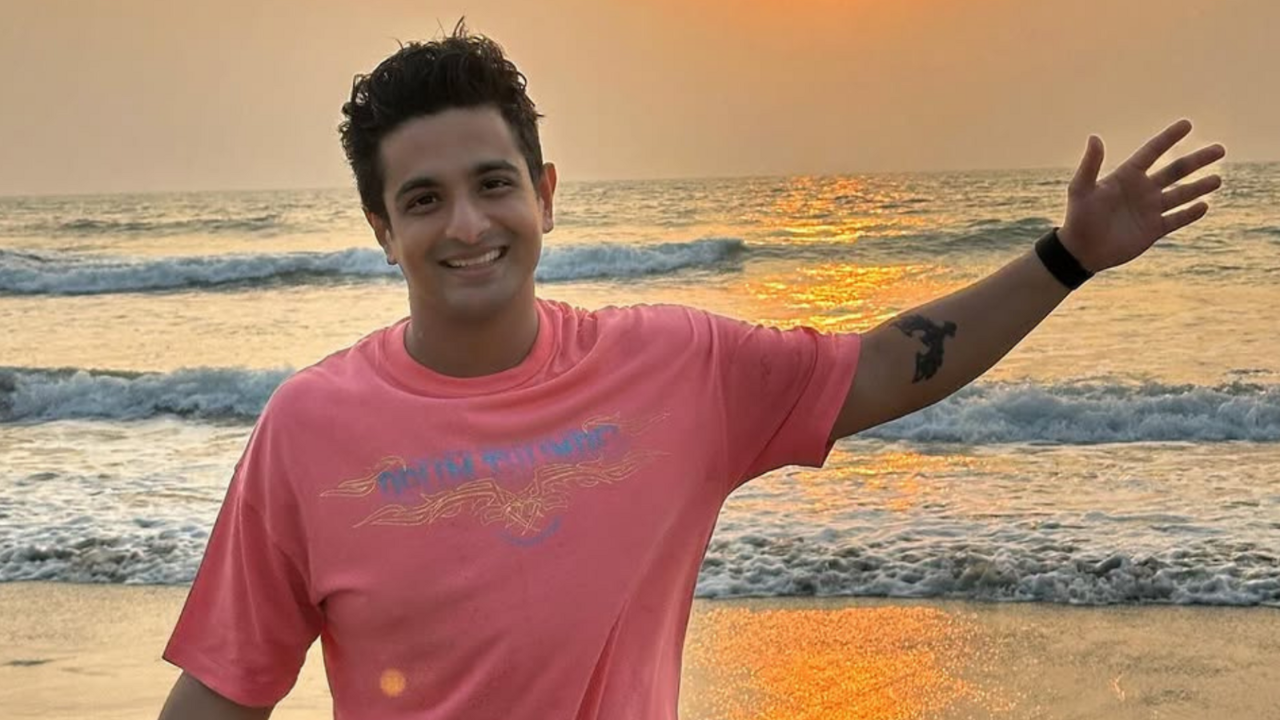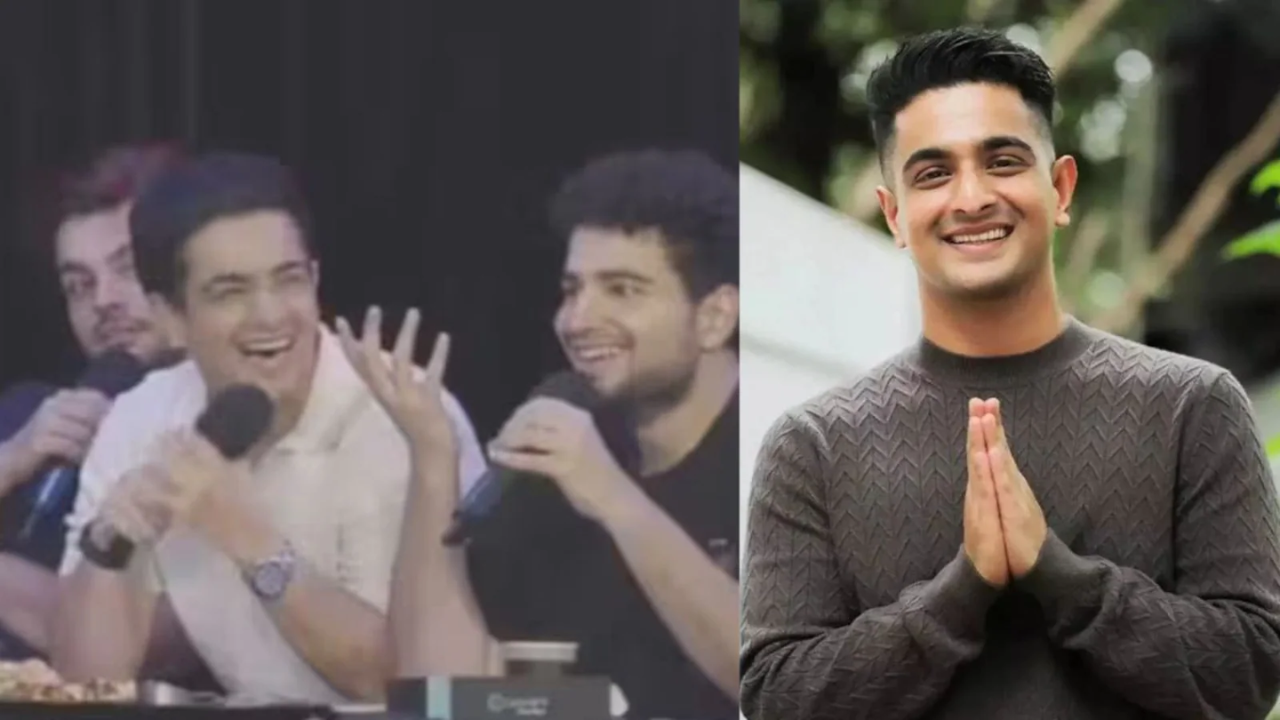Updated on: 18 February, 2025 06:37 PM IST |Amruta Karulkar

The Ranveer Allahbadia case revolves around allegedly obscene remarks made on Samay Rainas YouTube show, "Indias Got Latent." These remarks sparked public outrage and led to multiple FIRs being filed against him. The Supreme Court of India recently heard the case and made several key observations and directives.

1. Strong Disapproval of Allahabadia's Language
The Supreme Court judges expressed their strong disapproval of Allahabadia's language, stating that it was obscene and that using such language under the guise of popularity or freedom of speech was unacceptable. They questioned if this type of speech was not considered obscenity, then what would be. They emphasised that freedom of speech does not give anyone a license to say whatever they want, especially if it goes against societal norms and could make many people feel ashamed.
2. Interim Protection Granted
Due to reported death threats against Allahabadia and his family, the Supreme Court granted him interim protection. He is allowed to seek police protection in Maharashtra and Assam. This means he can request and receive security from the police in those states.
3. Passport Deposit
While granting him interim protection, the court also directed Allahabadia to deposit his passport with the police in Thane, Maharashtra. This means he cannot leave India without getting explicit permission from the court first. This measure is likely to ensure he remains available for any further legal proceedings.
4. No Further FIRs
The Supreme Court ordered that no additional FIRs (First Information Reports) should be filed against Allahabadia based on the content of the specific episode of "India's Got Latent" that is already under investigation. This provides him with some protection from further legal action related to that particular episode. Existing FIRs will still be processed.





